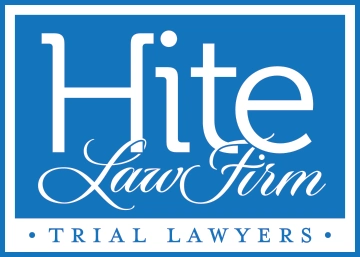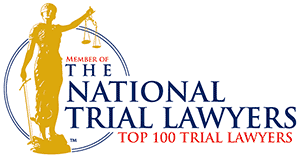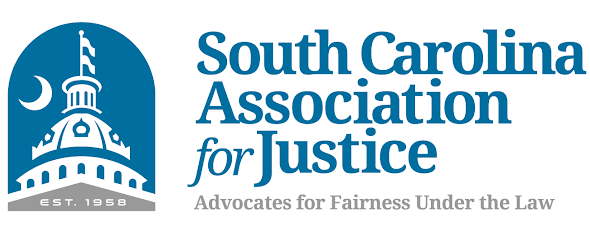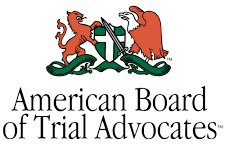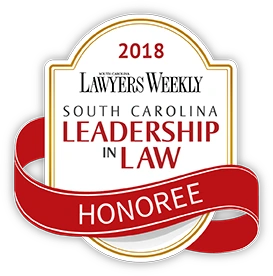No child should suffer abuse in foster care, but regrettably, it happens commonly. Legal action can be taken against those who have inflicted various kinds of abuse on these children.
Putting an end to such mistreatment begins with recognizing the various forms it may take and understanding how children may be affected. If your child has been a victim of abuse in the foster care system, our dedicated team of child abuse lawyers can help. Reach out to Hite Law Firm Trial Lawyers to get started.
What Is Considered Foster Care System Abuse?
Those who work in the foster system are trusted with the well-being of the children in their care.
Although many children have positive and even beneficial experiences in foster care, there are also cases of abuse.
Lawsuits can be filed for both compensating the victims and holding liable those who have perpetrated or permitted the harm. Abuse in foster care comes in many forms:
Physical
This includes the use of intentional physical force or violence against the child, causing injury.
Some specific examples include pushing, throwing, grabbing, choking, shaking, slapping, and hitting the child. It may also include engaging in activity that results in a substantial risk of physical harm. Finally, a physical injury may be failing to do something which in turn causes physical harm, like unreasonably refusing medical treatment for an injury.
Mental
Mental abuse may include isolating the child from others, threatening the child, or ignoring the child’s needs. It often results in psychological or mental health harm to the child, especially if it is done during their developmental years. If a child comes into the foster care system with mental health issues that are not adequately met, this could also rise to the level of mental abuse.
Emotional
Although closely linked to mental abuse, emotional abuse is more concerned with damage done to the child’s feelings and emotional well-being. An individual may use the child’s emotions to inflict harm upon, manipulate, or gain control of the child. The abuser may also deliberately try to make the child feel unwanted or unloved, which may have mental and psychological consequences.
Sexual
Forcing the child to engage in sexual activity, raping the child, and molesting the child are classified as sexual abuse. However, this also includes an abuser who shares sexually explicit material with the child. Anyone who exposes him- or herself to the child can also be liable for sexual abuse.
Neglect
Children require care, attention, and supervision, the amounts of which are dependent upon the child’s age and development. Some children, for instance, need intensive medical attention to help them with an illness or condition. Failure to provide any of these, and failure to meet the child’s basic needs (e.g. food and toileting) or more complicated ones like educational needs, can be considered neglect.
Who May Be Responsible for Foster Care Abuse?
Numerous individuals, agencies, and entities can be held accountable for foster care abuse and neglect. It often begins with the foster parents, who can be found personally liable for the harm done to the child. The foster parents may be responsible for actually abusing or neglecting the child or permitting it to happen, for instance at the hands of another child.
Meanwhile, governmental agencies like the South Carolina Department of Social Services (DSS) or its employees may be responsible for abuse. Sometimes, this happens because DSS irresponsibly outsources various functions to inept private contractors. Other times, DSS can be responsible because they ignored or failed to timely respond to reports of abuse or neglect.
Both the DSS and contractors may be liable in these situations.
It should be noted that suing government entities like DSS triggers a different set of rules and procedures versus suing private agencies and individuals. If you believe a governmental body is responsible for your child’s abuse in foster care, reach out to an experienced attorney.
Long-Term Health Consequences of Foster Care System Abuse
Any sort of physical abuse or neglect can lead to immediate injuries or even death. However, both can also have more long-term effects like disability, disease, stunted development and growth, and aggravating pre-existing conditions. Mental abuse may cause the child to suffer permanent psychological or cognitive damage, post-traumatic stress disorder, and diminished brain development.
An emotionally abused foster child may suffer from attachment and social difficulties, behavioral issues, inability to form healthy emotional bonds, depression, anxiety, and self-harm like suicide attempts and drug use.
Sexual abuse may have similar effects on normal sexual functioning, which may reach into adulthood. Rape can lead to unintended pregnancies and sexually transmitted diseases and any form of sexual abuse can lead to unhealthy consequences like promiscuity and risky sex.
Many of these effects overlap. For instance, a sexually abused foster child may suffer emotional abuse consequences like depression and anxiety. All of the above problems, and many others, may require extensive treatment to undo or minimize the various harm done.
These may include:
- Physical and mental health therapy
- Rehabilitation
- Substance abuse treatment
- Counseling
- Remedial education
- Prescription medication
These and other diverse treatments may last for years (or perhaps the rest of the child’s life). They can also be costly, and the victims can ask the court to compel the responsible individuals and entities to pay for them.
How Can a Foster Abuse Lawyer Investigate?
As indicated above, many different parties can be held responsible for foster care abuse and neglect. An attorney can help by thoroughly examining the facts of the abuse to determine who can be named as a defendant in a lawsuit.
More defendants increase the likelihood that the victim will be fairly compensated. We speak to children and their families to understand what happened and then acquire the evidence needed to prove it.
Part of investigating, after a lawsuit has been filed, is discovery. Discovery is the formal process by which attorneys representing abused foster care children demand that responsible parties (e.g. agencies) turn over information and documents related to the abuse allegations.
Throughout our representation, we will also speak with any third parties who may have information about the abuse. These individuals may be deposed or subpoenaed to testify in court.
Contact Our Firm of Foster Care Abuse Lawyers
Was your child abused in foster care, or do you have questions about your legal options? Reach out online to the Hite Law Firm in South Carolina today. You can also call us at 864-664-2252 to get started.
